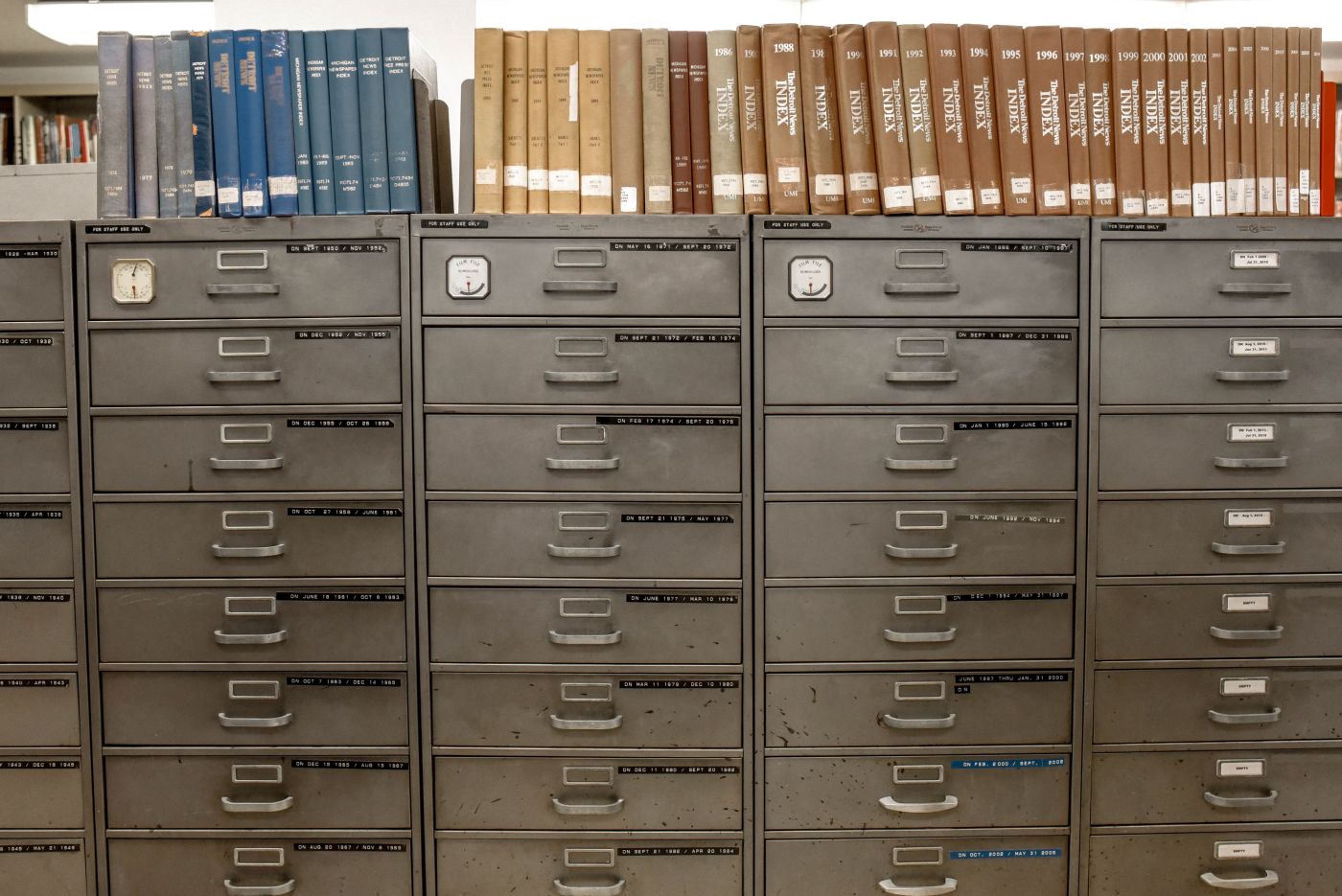
WHAT IF I CAN'T FIND MY LOVED ONE'S ESTATE PLAN DOCUMENTS?
If a loved one has recently died or become mentally incapacitated, finding the person’s estate planning documents is essential. The estate planning process and associated documents are critical to making decisions on the loved one’s behalf, gaining access to accounts, and discovering their wishes regarding how to distribute money and property. Regrettably, despite the importance of these documents, it is not uncommon for people to move them and fail to communicate exactly where they are. Scrambling to find the will and other estate plan documents can be a painful and stressful process.
If you are trying to find documents on your own, here are a few suggestions for where to search.
In a safe or lockbox in the home. A common location for estate planning documents is a personal safe, vault, or lockbox. People choose such boxes because they are fireproof and waterproof and can withstand events that may jeopardize other tangible items. It is not unusual for estate planning attorneys to advise clients to keep important documents safe in one of these containers. If you are looking for a lockbox, search the places in the home where your loved one would most probably keep private documents, such as the main bedroom, the attic, cabinets, special drawers, and closets. If there is a home office, that may be a safe place to keep essential documents.
With the drafting attorney. Your loved one’s estate planning documents may also be with the original drafting attorney. To find the attorney who drafted the documents, search your loved one’s belongings for the lawyer’s business card or any correspondence from the attorney. They could have physical mail lying around from them, or if you have access to their email account, that is also a great place to search. Contact the attorney and ask about the documents you are looking for. The attorney who drafted the documents may have the completed work or signed copies. Please understand that, for confidentiality reasons, the attorney may not always be able to release information to you if you are not related to your loved one or named as a fiduciary (trustee, executor, or personal representative) in the documents. In this scenario, you may need to ask one of the loved one’s immediate family members to contact the attorney. If the attorney does not have the physical copy, a digital copy may be available. Finding copies of the documents may also signal where the originals are. Your loved one may have given the originals to the person or organization designated as decision maker (personal representative or executor, successor trustee, agent under a financial power of attorney, or agent under a medical power of attorney). This notion is especially true for documents such as the financial and medical powers of attorney that are not typically required to be originals.
In a safe-deposit box. At one time, it was standard legal practice to advise clients to keep essential documents and other important items in a safe-deposit box at a bank, so it is possible that your loved one had one. You may be able to find which bank the documents are locating in by searching your loved one’s files for a bank statement. A bank safe-deposit box provides heightened security and care. If your loved one stored documents there, the heightened security may pose a challenge if your loved one did not provide proper access or instructions regarding the box. In that case, you may be required to seek a court order granting access. If your loved one placed the safe deposit box in a trustee’s name, this fact can sometimes alleviate challenges to access.
What happens if you still cannot find the estate planning documents?
If you still cannot find the estate planning documents, you will probably have to proceed as though there were none. For mentally incapacitated loved ones, you will probably have to go to court and start the guardianship process. If your loved one has died, you will have to begin the probate process. This process can be long and arduous, but not impossible. Unfortunately, it creates a higher risk of dispute among family members, but it will still need to be completed.
If you find yourself in a situation where you are trying to find estate planning documents, you do not need to handle it alone. We have a team of experienced attorneys familiar with finding lost documents and navigating situations where friends and family cannot find essential documents. Our attorneys can help limit family disputes by helping with estate administration, probate litigation, guardianship, and trust administration. If you would like to have your own estate plan created, we can facilitate that as well. Call our office today at 614-389-9711 to discuss how we can help you.
